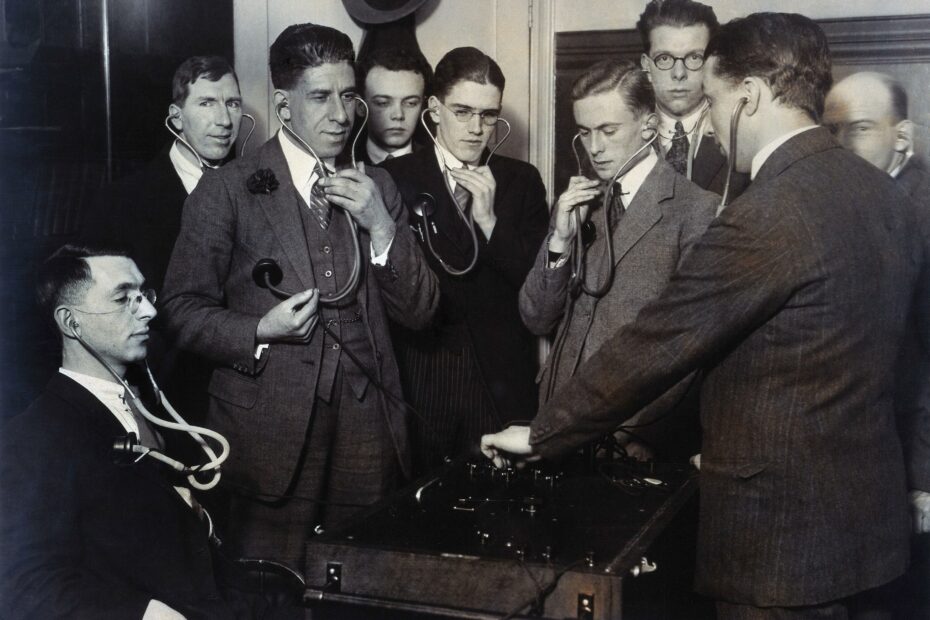DMA: heated trilogue negotiations concluded with partial interoperability gains
On Thursday March 24th the trilogue negotiators concluded discussions, dramatic at times, over the Digital Markets Act. The compromise includes some gains on interoperability, a potential changemaker in the online intermediation. What to expect? Where not to hold your breath? We parse out the practical consequences of the trilogue outcome on interoperability.
Winding road to the final compromise
Interoperability has been a point of contention since the European Commission published their first draft in December 2020. The EC drafted it narrowly, obligating gatekeepers to offer interoperability to the so-called ancillary services, like payment or identification services, that wish to operate within closed ecosystems. IMCO Rapporteur MEP Andreas Schwab followed this approach in his draft report.
That didn’t go well with many MEPs who were disappointed with the fact that an opportunity to open up walled gardens of online intermediation had not been exploited. Many amendments and heated debates later, the final EP report provided that interconnection should be also possible between messaging apps and services (the so-called number independent interpersonal communication services) as well as social networks.
Since the Council’s approach was focused on refining the business-to-business side of interoperability, the trilogues didn’t show much promise in securing the extension of the EC’s scope. Somehow, under pressure of time the delegation of MEPs managed to negotiate some gains that keep the spirit if not the letter of the EP mandate.
Read More »DMA: heated trilogue negotiations concluded with partial interoperability gains












